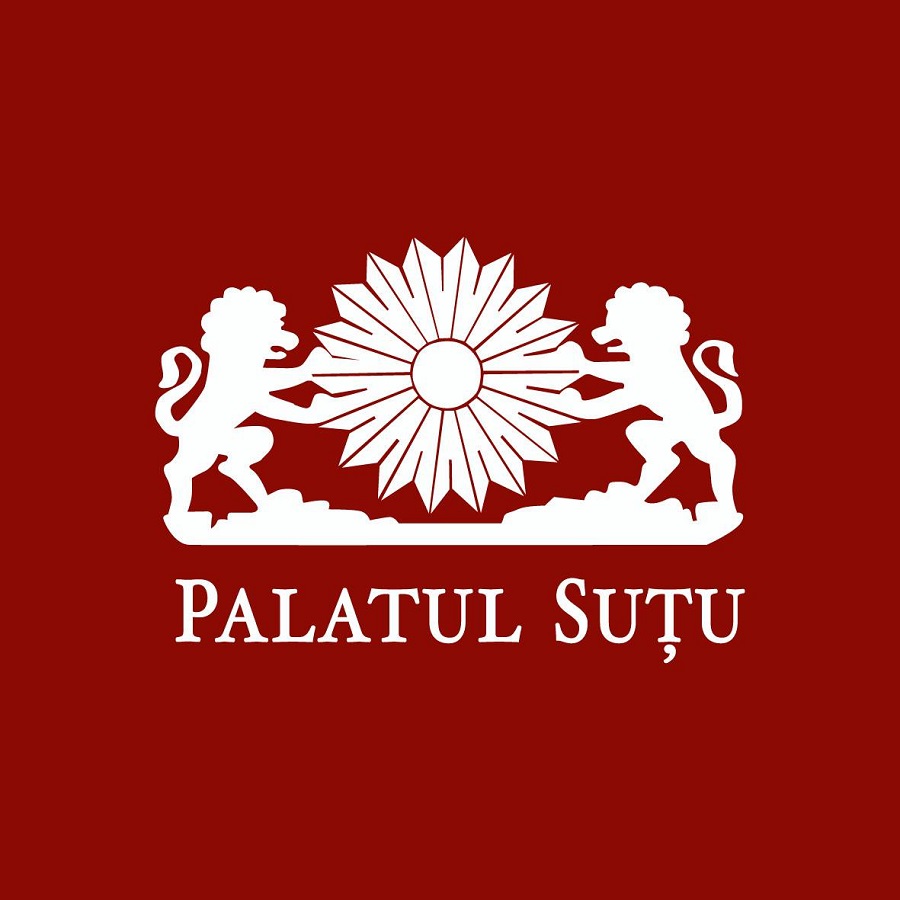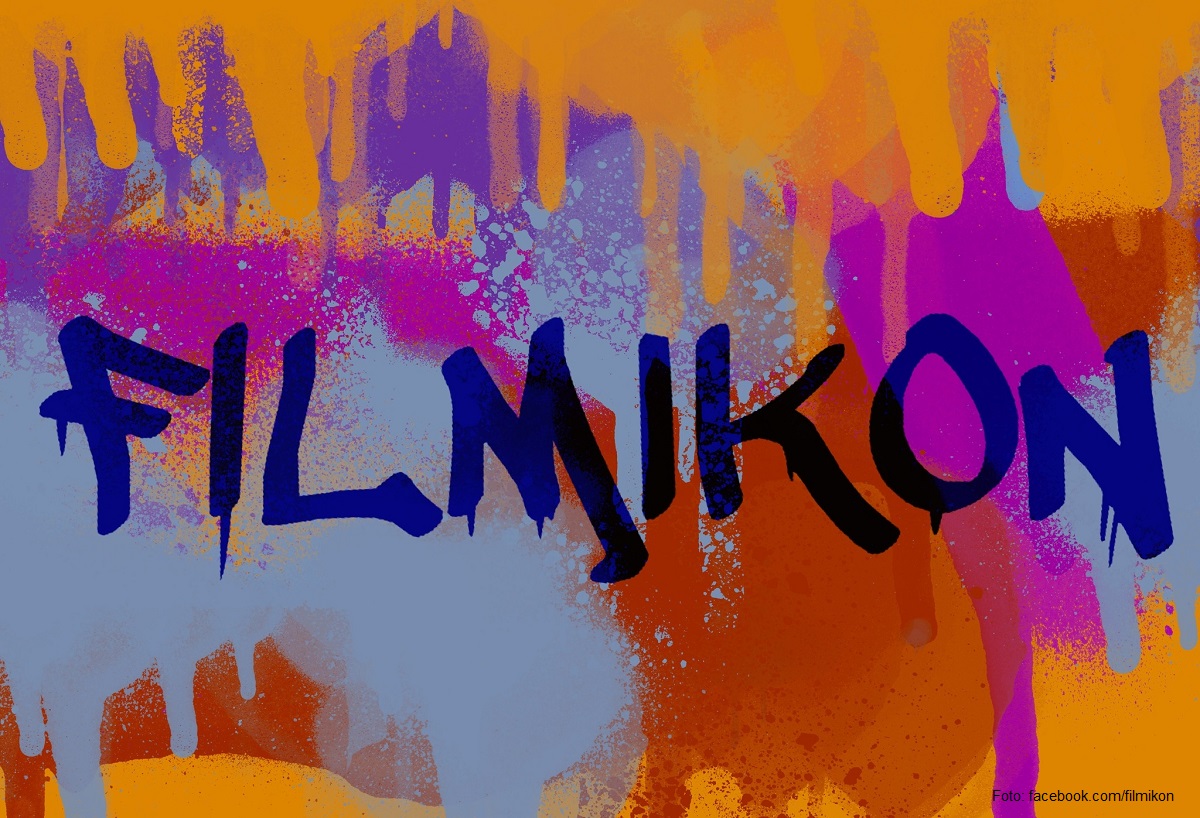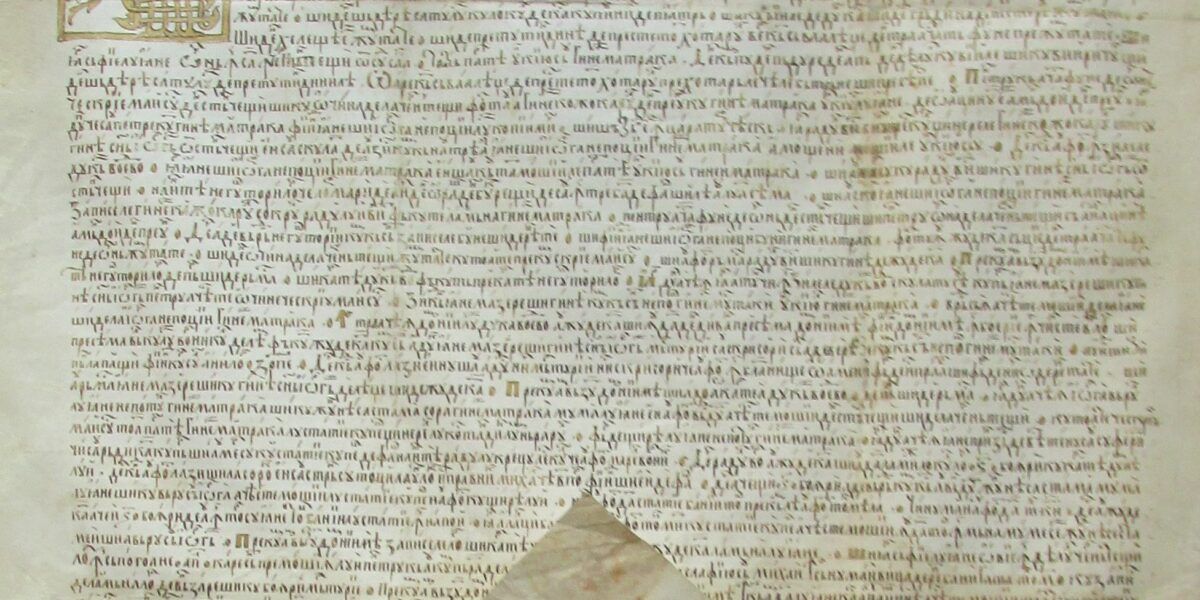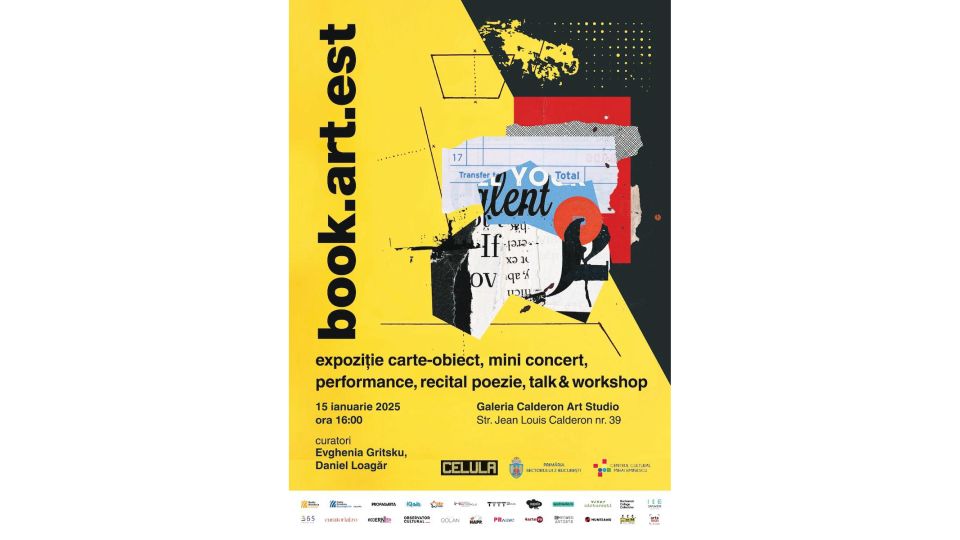A Documentary about Multiethnic Timisoara
This year, the city of Timisoara is European Capital of Culture
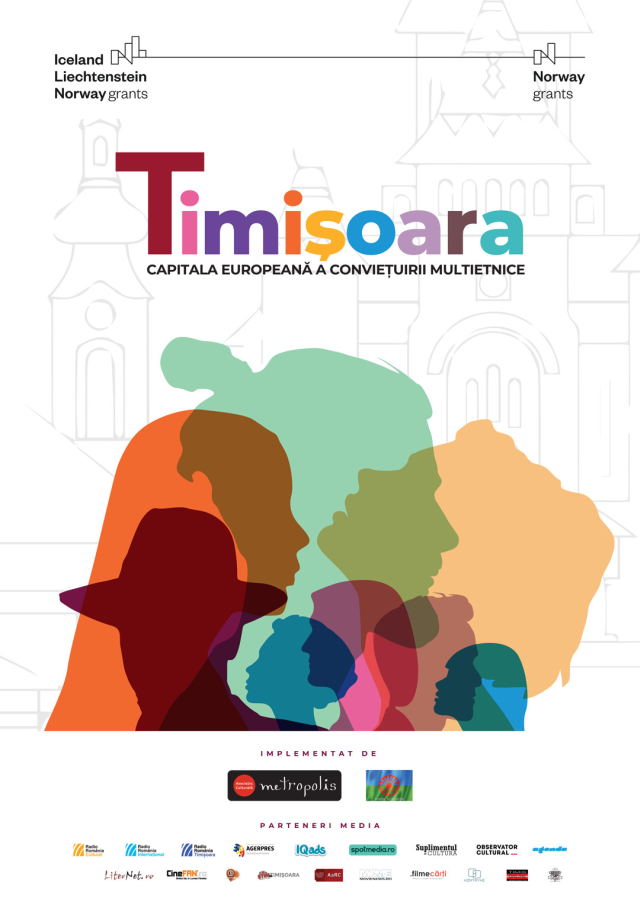
Ion Puican, 25.03.2023, 14:00
This year, the city of Timisoara is European Capital of Culture, on which occasion it hosts a whole range of cultural projects as the most important city in the region in Banat, many of which are related directly to the city, its people, and its history. One such project, about the people, history, and multicultural character of the place is the documentary Timisoara – European Capital of Multiethnic Living, directed by city local Florin Iepan, who has a list of over 40 documentaries and TV productions. The documentary presents the city through the eyes of Norwegian Christo Balthazar, grandson to journalist and writer Jahn Otto Johansen, author of the book Romania: a Collection of Articles, who was decorated by the Romanian president for his contribution to the image of Romania in Norway.
We spoke about this project, its concept and its context, with cultural PR manager Anca Spiridon:
“The Metropolis Cultural Association is not at its first try in promoting multiculturality through art, because it has been supporting cultural and art manifestations since 2011, such as the International Youth Film Festival, BalKaniK Arts & Culture Festival, which was the first Balkan music and culture festival in Romania, also, in 2015, right here in Timisoara, the minority film festival, the Nomad International Film Festival. So that, in this moment of extraordinary importance for Timisoara, it is not surprising that we will host the premiere of this documentary film, Timisoara – European Capital of Multiethnic Living, which is a new attempt to promote multiculturality through art and traditions. The film has as a starting point the story of Christo, grandson to the famous Norwegian journalist decorated by the president of Romania in 2014. We are talking about Jahn Otto Johansen, author of the book Romania: a Collection of Articles. He was decorated for his improving of Romania’s image in Norway, and Christo, in this documentary, will trace his grandfather’s journey, and the movie will present the new realities through his eyes, but also through the eyes of the documentary director Florin Iepan, a local. In the context in which Timisoara is the 2023 European Capital of Culture, the documentary plans to emphasize the richness and diversity of cultures, both in Europe and in Timisoara, to emphasize the common cultural traits of Europeans, and to make citizens aware of their belonging to a common cultural area, and to facilitate the development of cities through culture. The film wants to document interactions, and their contributions to social, political, economic, and cultural life of the main ethnic groups in Timisoara. The film wants to reconfirm this multicultural tradition in Timisoara, and to strengthen its image as a functional multiethnic and multi-religious center. The film also discusses traditions and customs, but also the new local businesses of those who settled in Timisoara in the last 20 or 30 years. It will emphasize Serbian food, Rroma crafts and music, Hungarian theater and literature, but also the new businesses in the Italian and Turkish communities. By promoting multiculturalism, both in art and traditions, by facilitating this inter-cultural dialog that we want to have between the main ethnic communities in Timisoara, through the wider public that will watch this movie, the documentary wants to increase understanding and acceptance of diversity, developing the reception of this cultural diversity in a grand exercise in empathy.
We asked Anca Spiridon what the stages of the project are, and if the documentary can be watched on both big and small screens:
“In March, the movie will start its production stage in full. After research in the field, the filming sessions will begin, then comes the post-production stage, and the plan is to have the premiere of the film in Romania between July 28 and 30, in Timisoara, of course. The larger context for this launch will be as part of a three day festival outdoors, which will include film screenings, Q&A sessions, as well as debates on minorities and cultural exchanges, including the topic of migration and immigration, and a traditional product fair. We want this documentary to be a part of the classical cinema distribution network in Romania, but also part of special festivals and events. We would glad for a wide audience to watch the documentary this year, and, after the movie is screened in cinemas, it will become available on online platforms both in Romania and Norway.

